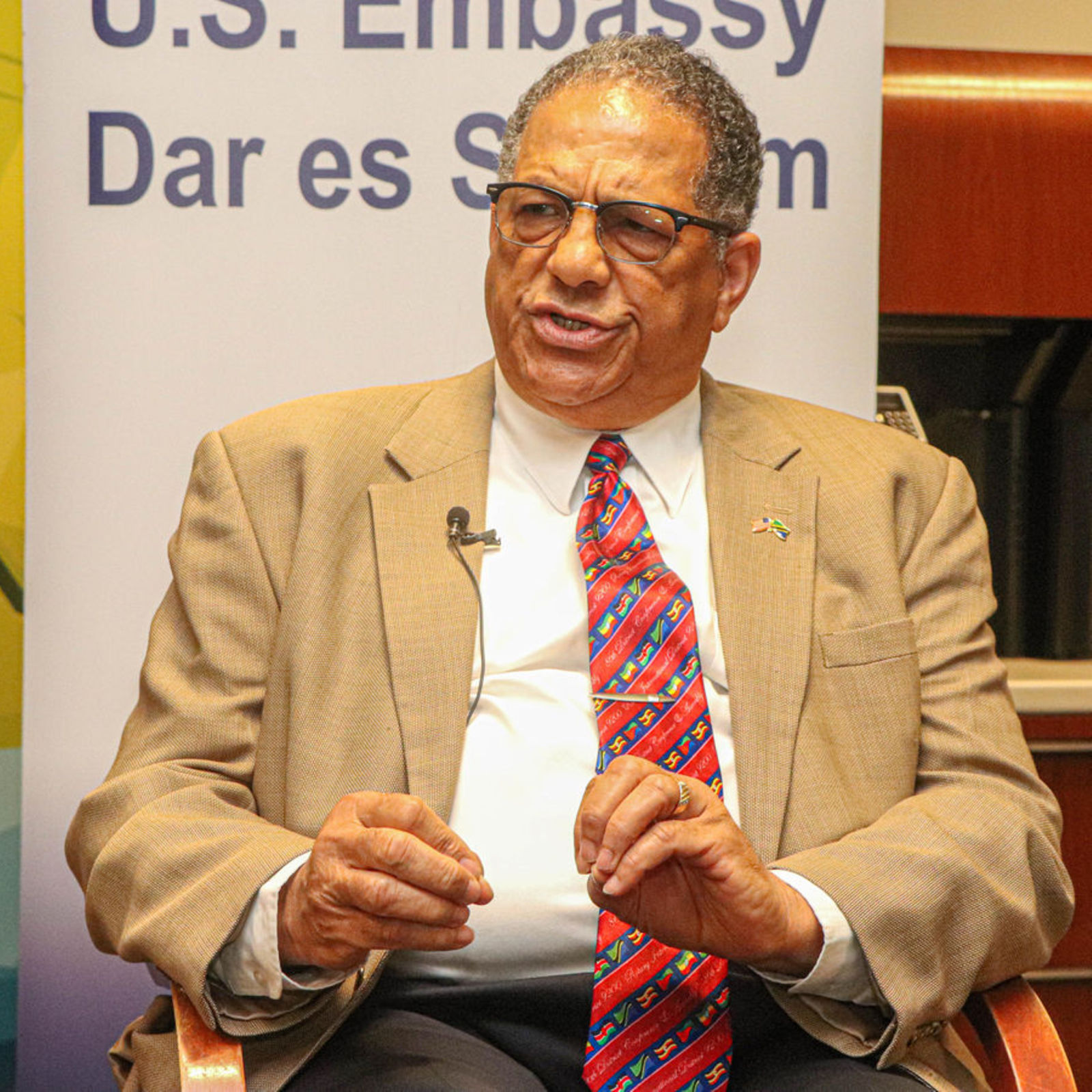
The US ambassador tells President Samia that they will not give up on the Tanzanian kidnappings
Michael Battle, the US ambassador to Tanzania, said on Thursday that his country had no plans to back down from its push for strict adherence to democratic rights and principles as a key part of its relationship with Dodoma.
This happened after President Samia Suluhu Hassan sharply criticized the US Embassy earlier this week for leading Western officials in Tanzania in condemning a wave of mysterious kidnappings and killings that has hit the country before the November elections.
Other countries are breaking the 1961 Vienna Convention on Diplomatic Relations by trying to tell Dodoma how to handle investigations into the trend of kidnappings, which has made everyone in the country more worried about their safety before the upcoming elections. President Samia told those countries to stay out of Tanzania’s internal affairs.
Although she didn’t say which mission it was, the President pointed to the two recent attempts to kill US presidential candidate Donald Trump as “proof” that violence before elections was also common in the West.
But at a democracy conference in Dar es Salaam on Thursday, Mr. Battle said that the US was not “immune to challenges and imperfections” when it came to upholding democratic standards as it got ready for its own presidential election this year. But he was still adamant that Washington’s support for Tanzania, which he said had led to about $7.5 billion in aid commitments over the years, would depend on the country respecting democracy and human rights.
“We will always be open and honest about these principles as long as we are Tanzania’s partner.” We’re not going to back down or hold back. “It is a basic duty that is the most important thing for human dignity and respect,” he said.
The first official group to condemn the brutal kidnapping and death of opposition Chadema party leader Ali Mohamed Kibao two weeks ago was the US mission in Dar.
“Efforts to disenfranchise citizens ahead of (the) elections,” the embassy said in a strong statement on September 9 about this incident and other recent disappearances, detentions, and beatings of political and human rights activists in Tanzania. They called for a “independent, transparent, and prompt investigation.”
Following up, on September 10, the European Union, the British and Canadian High Commissions, and the embassies of Norway and Switzerland all called for a “thorough inquiry.”
In a televised speech on September 17, President Samia replied, saying that such actions by diplomats were not welcome and that no “outsiders” should say that they were more hurt by what was happening than Tanzanians themselves.
“We are the ones who need to figure out why they are happening right now.” The President said, “As a sovereign nation, we know what we need to do and don’t like it when other countries tell us what to do.”
She also asked if the statements had been approved by the leaders of those countries. “I have my own ways of checking with my fellow presidents and will lodge formal complaints with them once I confirm that they were, indeed,” she said.
The Netherlands, France, Belgium, Sweden, Denmark, Ireland, and South Africa, along with representatives from the British, Canadian, Norway, and Swiss missions that were part of the joint EU-led statement, were all at the forum in Dar es Salaam on Thursday. The forum was hosted by the Tanzania Center for Democracy (TCD).
The TCD released its first report on the state of democracy in Tanzania at the event, which was held to mark the International Day of Democracy. The center says that this report will be released every year.
The recent rise in violence related to politics has cast a long shadow over the local elections on November 28. These elections are meant to set the stage for next year’s general election, where President Samia will defend her position as president and the ruling CCM party’s majority control of the legislature until 2030.
All Categories
Recent Posts
Tags
+13162306000
zoneyetu@yahoo.com



